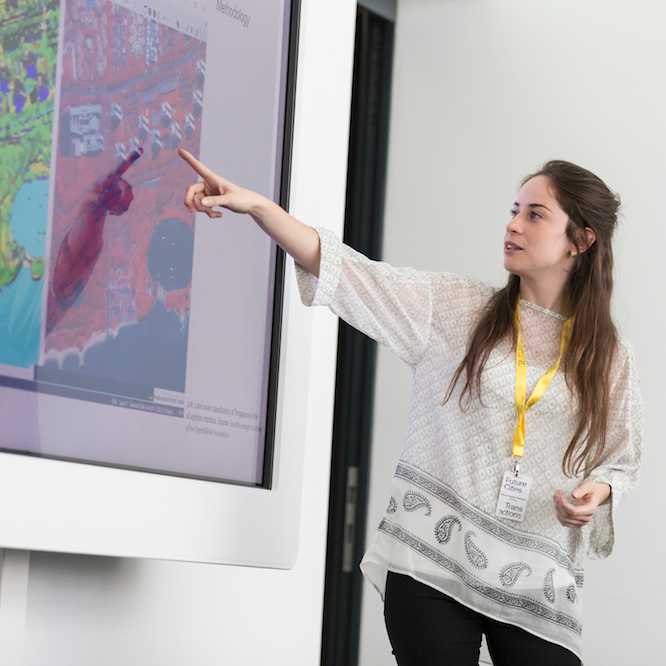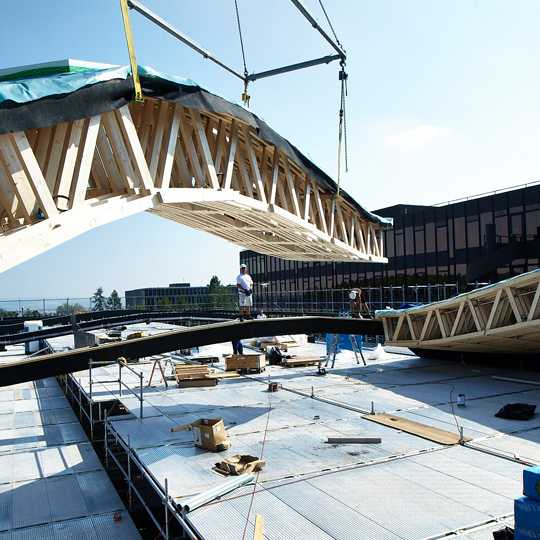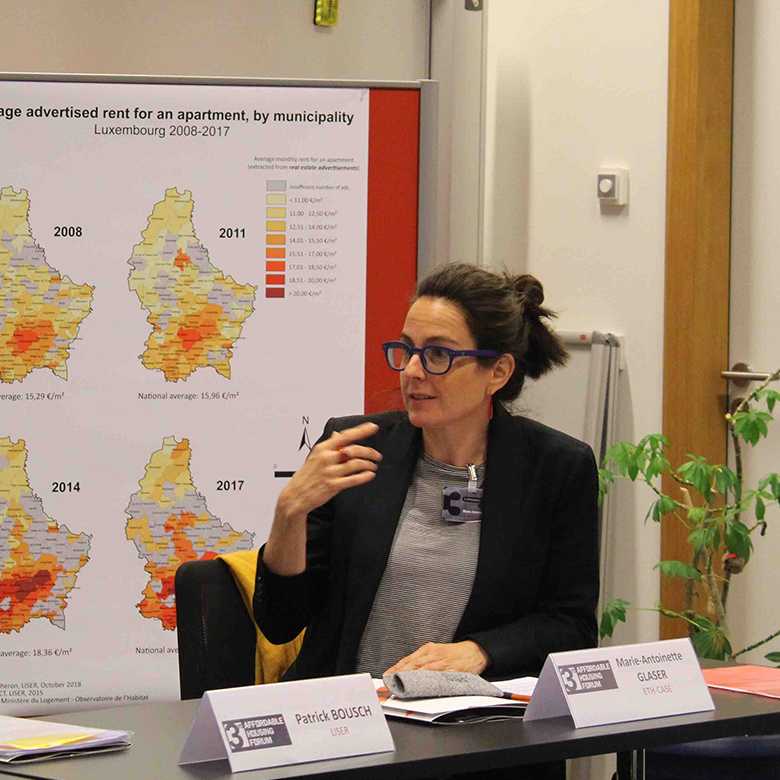Goal 11: Sustainable Cities and Communities
Make cities and human settlements inclusive, safe, resilient and sustainable
Cities occupy just three per cent of the world’s surface but are responsible for three-quarters of global resource consumption and 75% of global emissions. More than half of the global population lives in cities, a proportion that is expected to increase to 70% by 2050. Cities drive local and national economies, as hubs of prosperity. Goal 11 aims to reduce the adverse per capita environmental impact of cities. It calls for more inclusive and sustainable forms of urbanisation, based in particular on a participatory, integrated and sustainable approach to urban planning. In addition, it aims to ensure universal access to safe and inclusive green and public spaces, especially for women and children, older persons and persons with disabilities, and provide access to safe and affordable housing and transport systems.
Source: www.eda.admin.ch/agenda2030 (edited)
Contributions of ETH Zurich (examples)
Within the framework of its core areas of research, education, campus and dialog with society, ETH Zurich contributes to Goal 11, for example, by the following activities:
Linking up rural with urban
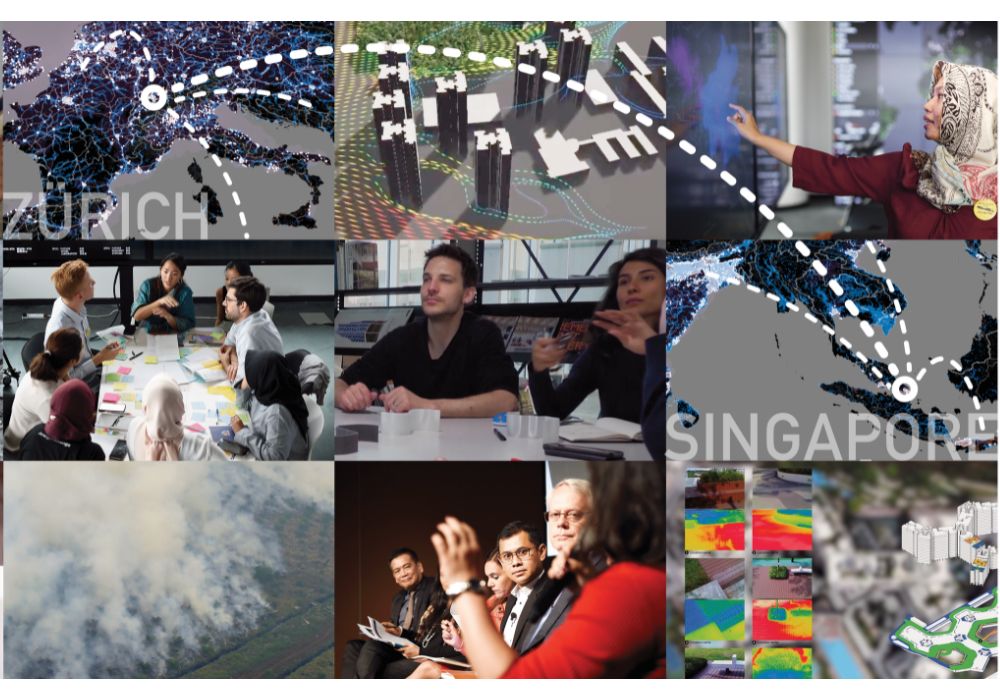
At ETH Zurich's Future Cities Laboratory (FCL G), pioneering research is being conducted on the interplay between urban and rural spaces. FCL G is concerned with the challenges and intricacies of modern urbanism, transcending traditional academic limits to promote multidisciplinary collaboration. By addressing the growing disparity between cities and surrounding areas, the laboratory seeks innovative methods to harmonize resources, opportunities, and services. Emphasizing the importance of regional thinking, FCL G advocates for balanced growth and the dissemination of knowledge to foster interconnectedness and equal opportunities across all areas. Read more here.
Disrupting the system with vertical farms
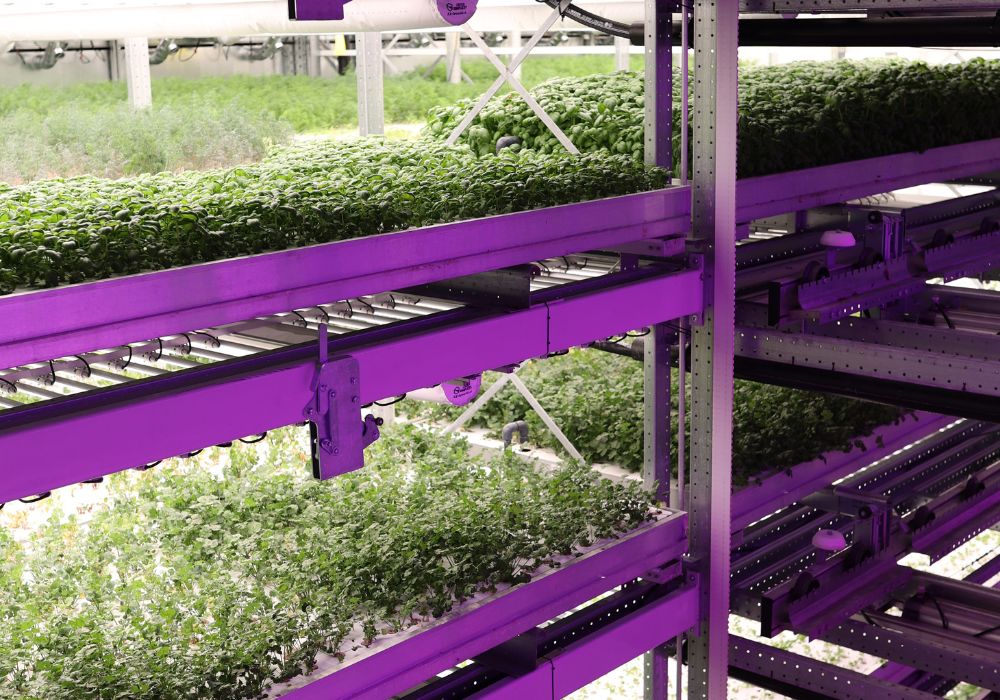
ETH Zurich's spin-off initiative, external page YASAI, is revolutionizing urban agriculture through the largest Vertical Farm in Switzerland, located in Niederhasli, Zurich. This innovative method involves stacking crops on multiple layers, significantly optimizing space usage. Remarkably, this farming technique offers up to 200x the yield per square meter and consumes 95% less fresh water compared to traditional farming. With no chemical pesticides required, the plants flourish in a controlled environment. YASAI's vision is to make the food system more sustainable by reducing food miles and waste. They emphasize the importance of conscious food choices, reminding consumers of the broader impact on our planet. The goal? Creating a sustainable, resilient food system for future urban landscapes. Read more here.
Going circular with construction
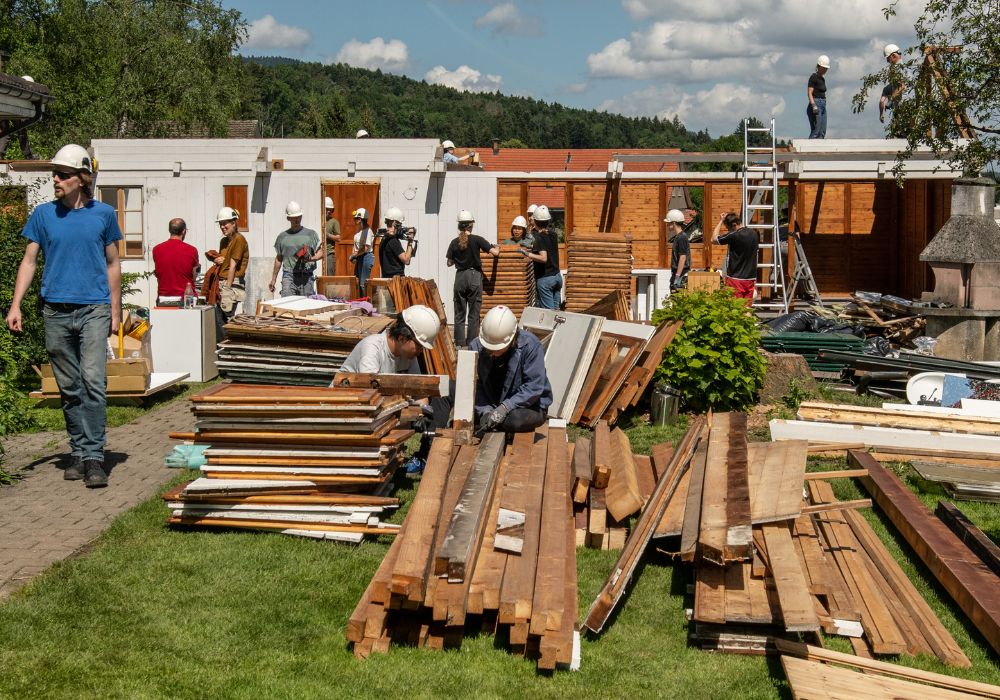
The Circular Engineering for Architecture (CEA) Lab is supporting sustainable advancements in the construction sector, addressing the prevalent linear approach which leads to resource depletion and extensive waste. In Switzerland, construction and demolition contribute to over 65% of all waste. The solution? A circular economy that emphasizes prolonged building use and promotes the reuse of building materials, instead of resorting to downcycling or landfilling. Harnessing digital transformation, the CEA Lab facilitates collaboration, safety enhancements, and knowledge sharing, aiming for urban areas that are resilient, inclusive, and environmentally conscious. Adopting circular construction methods is pivotal in confronting the climate challenge. Everyone, regardless of their role, is encouraged to partake in this movement towards a regenerative construction sector. Read more here.
The City in Focus
ETH Zurich contributes to sustainable urban development through a large number of centres, networks, institutes and professorships – in Switzerland and worldwide. Examples include the Future Cities Laboratory (FCL), the Network City and Landscape (NSL), the Urban-Think Tank (external page U-TT) or the Chair of Sustainable Construction.
- Chapters
- descriptions off, selected
- captions and subtitles off, selected
This is a modal window.
Leading-Edge Building Technologies
The Institute of Technology in Architecture (ITA) is a leading platform for research and teaching of technology in architecture and features a globally unique experimental research infrastructure. The MAS in Urban Design offers a research and design laboratory that investigates the development of rural and urban territories in a globalised world.
Affordable Housing Forum
The yearly Affordable Housing Forum (AHF) at ETH Wohnforum - ETH CASE brings together academics and practitioners of different fields and disciplines. The aims of the AHF include to: intensify research and innovation on low cost housing; put the focus on the financial and the social dimensions of affordable housing; and develop education, mediation and participation in affordable housing.
Lived Sustainability on Campus
Inclusive Urban Development
The Stiftung für Studentisches Wohnen Zürich (SSWZ) (only available in German) was founded in 1987 by the ETH Zurich, the University of Zurich, the City of Zurich and the student housing cooperative as a foundation under private law. It develops and ensures affordable housing for students in the city of Zurich. The SSWZ thus makes an important contribution to strengthening the attractiveness and quality of Zurich as a university location.
